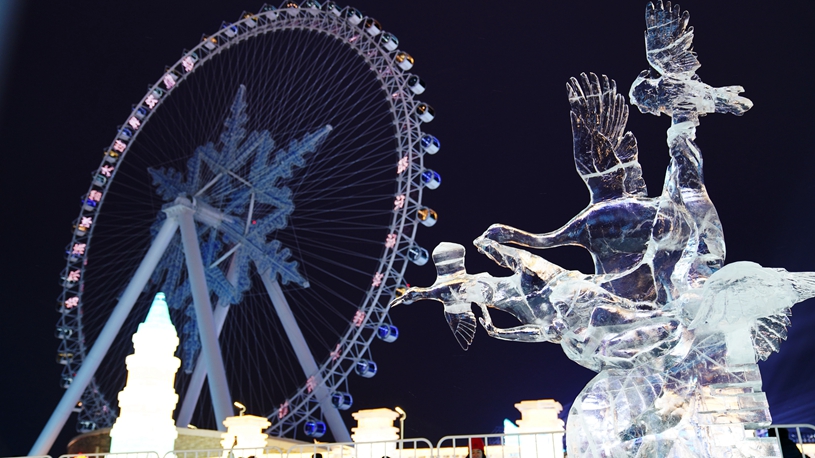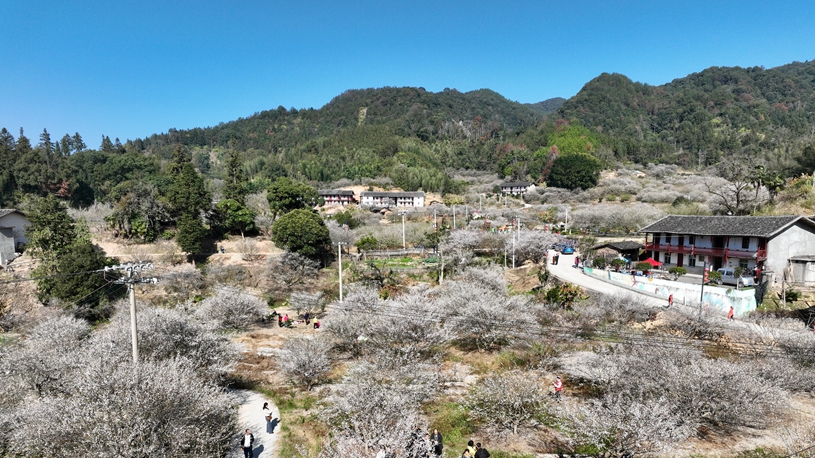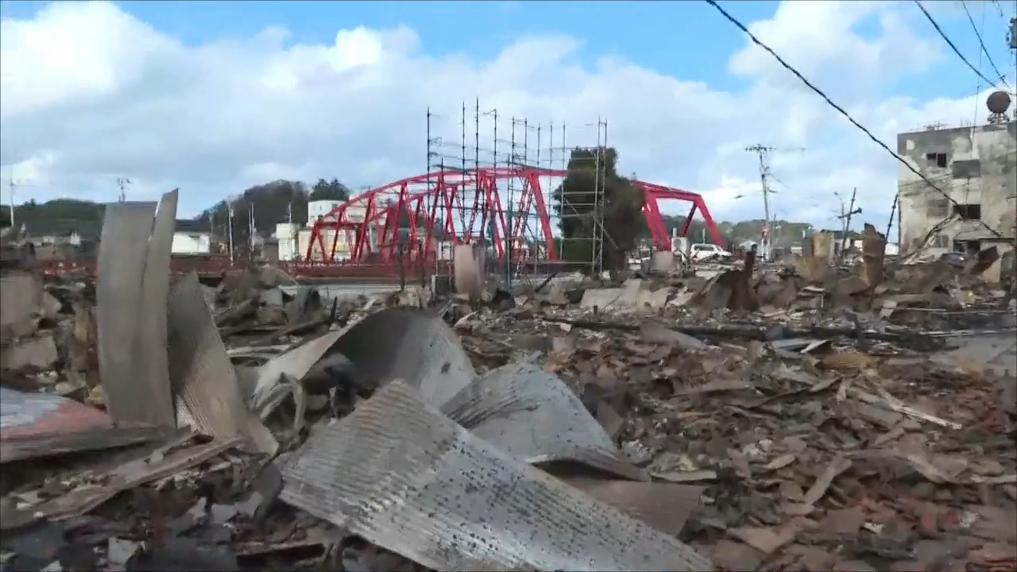by Dana Halawi
BEIRUT, Jan. 6 (Xinhua) -- Hezbollah's continuous confrontations with Israel on Lebanon's southern border and the recent Israeli drone strike, killing a top Hamas leader and officials in Beirut's southern suburbs, raise among Lebanese experts concerns of a possible military escalation in Lebanon.
The Lebanon-Israel border has witnessed increased tension since Oct. 8, 2023, after the Lebanese armed group Hezbollah fired dozens of rockets toward Israel in support of the Hamas attacks on Israel the previous day, prompting Israel to respond by firing heavy artillery toward southeastern Lebanon.
The confrontations have led to more than 200 deaths on the Lebanese side, including approximately 147 Hezbollah members and many civilians including journalists.
However, clashes were mainly limited in the southern border area until an alleged Israeli drone killed Saleh al-Arouri, Hamas deputy leader, and other Hamas members on Tuesday evening.

"Israel has crossed all the red lines that were in place through its recent attack in Dahieh, a Hezbollah stronghold," said Refaat Badawi, a political analyst and adviser to former Lebanese Prime Minister Salim al-Hoss.
"Rules of engagement are no longer in place after this operation, which dealt a heavy blow to Hezbollah's image," he added, expressing concerns that "we will see a war expansion in Lebanon in the coming days."
Following the assassination, Hezbollah Secretary General Hassan Nasrallah warned on Wednesday that the Iran-backed group "cannot be silent." He denounced the attack as "a dangerous crime," vowing revenge and threatening to meet any wider Israeli operation with unrestrained warfare.
"Hezbollah cannot remain silent as Arouri's assassination is a message conveying that Israel can kill any leader in Dahieh at any time, and this is a dangerous development," Badawi told Xinhua.
Badawi said he thinks a settlement between the Axis of Resistance, an informal anti-Israeli coalition led by Iran, and Israel is no longer possible.
Meanwhile, Talal Atrissi, a lecturer at the Institute of Social Sciences of the Lebanese University, told Xinhua that it's still unclear if Lebanon will witness an expansion of the confrontations with Israel, but Israeli Prime Minister Benjamin Netanyahu holds a strong will to expand the aggression outside of Gaza to protect his image.
"Netanyahu has killed thousands of people in Gaza but failed to make any achievements, which turned the world's public opinion against him with domestic calls for his resignation," Atrissi said, noting that the recent Dahieh strike was aimed at polishing his image.
Makram Rabah, a lecturer at the history department of the American University of Beirut, said he does not see an expansion of war between Hezbollah and Israel.
However, the belief by the Lebanese and Hezbollah that Israel will not commit to the risk of going into Lebanon is a miscalculation, because "it will address one of the most existential threats to Israel's security, which is Hezbollah," Rabah said. ■









